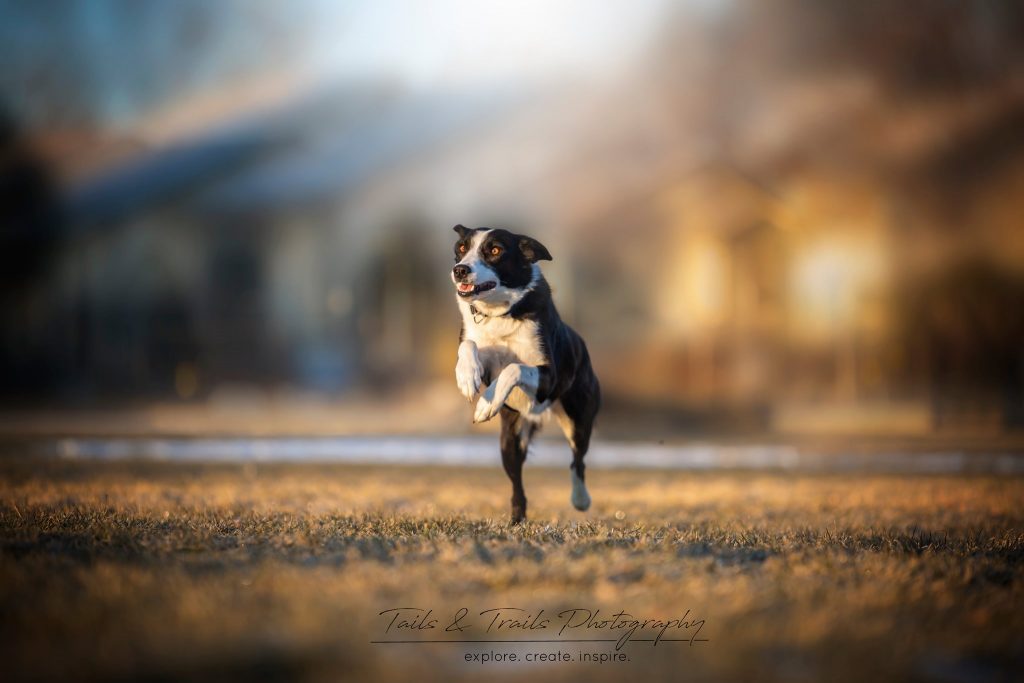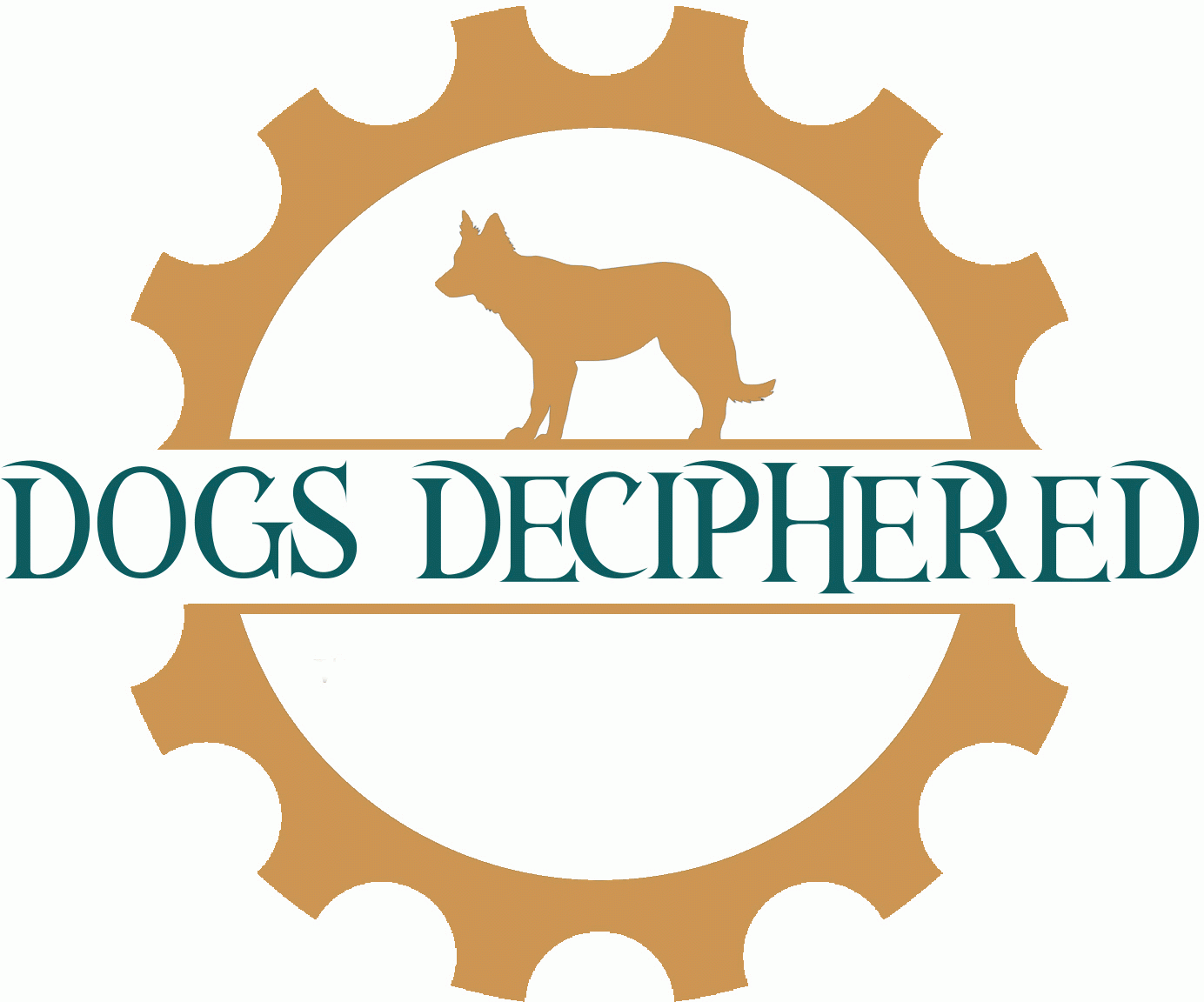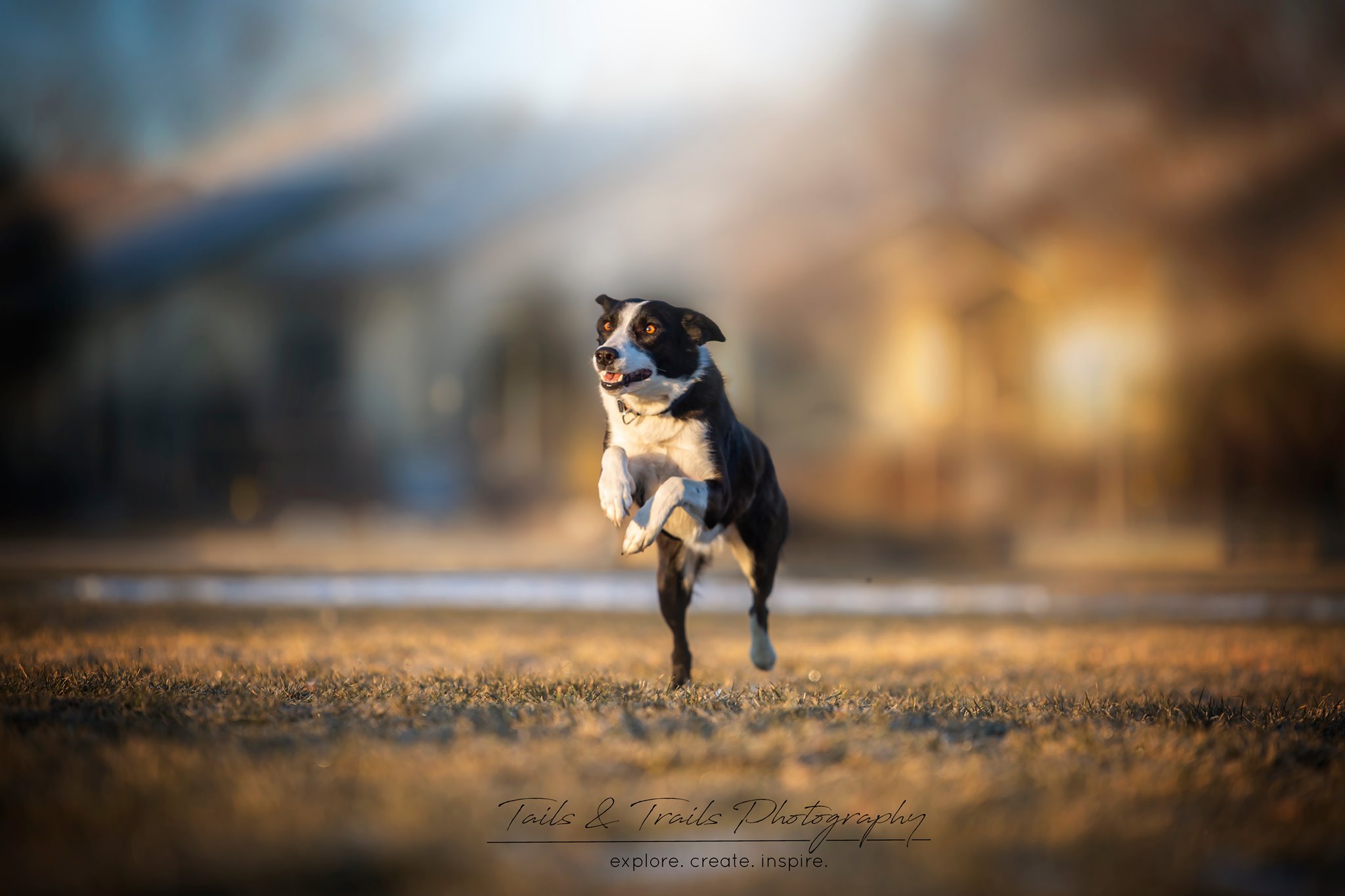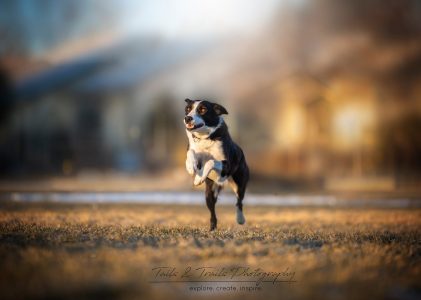If you’ve ever welcomed a dog trainer into your home to help with training or attended a group class, you may have noticed that your dog responds differently to the trainer than to other people, even you. You may feel that your dog listens to the trainer better than to you, or I’ve even been told by clients that the dog loves me more than their owners. I want to break down why this happens, and why that second claim is definitely not true!
If you’ve had your dog a decent amount of time, you and your dog probably have a bond, a relationship, whatever you want to call it, you like each other. Even if your dog is driving you crazy, you probably called a trainer because you like your dog, you just don’t like their behavior. Then, this trainer walks into your lives with their big ol’ bag of treats, and your dog no longer has eyes for you! What has happened? Is your dog really so transactional that a piece of cheese will destroy their loyalty? Many people laugh, what dog wouldn’t want cheese? For some of my clients, though, this doesn’t feel very good at all. Their relationship has been challenged, and they worry that they have done something wrong with their dog. That’s why I want to show you what’s actually going on here, from the dog’s point of view.
Is it really all about the cheese?
Yes and no. If you had a co-worker that consistently brought the snacks you loved into the office, you would certainly form a certain emotional response to seeing that person walk in the door. Food is a primary reinforcer, which means that it doesn’t require any previous knowledge or conditioning to see it as a good thing. We all need it to survive, so when it shows up, especially if we are at least a little bit hungry, it will give us good feelings. Do you love that co-worker more than your family? No. Do you get really good feeling every time they show up? Yes. There’s a difference between relationship and a conditioned emotional response.
It’s more about consistency.
I had a revelation when talking to a horse trainer – she said, “I always make sure I’m in the right mindset before I go to train my horse”, and I thought – that’s a nice luxury of training an animal that doesn’t live with you. The dogs we live with get all of us. They get our sleepy selves, and our overworked selves, and our annoyed-at-something-else-but-taking-it-out-on-what’s-most-familiar selves. We’re human, so even if we are trying very hard to be consistent with our dogs, they are going to experience inconsistency. When the dog trainer shows up, you are likely getting their best selves, prepared and professional. They have one hour to be consistent, something that most humans can achieve with some effort. This seems like a magic trick to the dog – who is this person who comes into my life, is 100% clear about what they want me to do, and gives me cheese? If your office friend came in some days and yelled at you, and then sometimes brought your favorite snack, your emotional response would change. You’d be confused, and unsure of which version you were going to get. If you have one person in the office who behaves like this, and another who doesn’t bring in snacks, but is kind and consistently clear in their communication – who do you think you’d feel better about interacting with? Food helps to create a stronger emotional response, but food + inconsistency isn’t going to help anyone feel better. We all prefer to know what’s expected of us.

It’s also about technique.
The reason you hired a dog trainer is to learn how to teach your dog the skills you need to live harmoniously. It stands to reason that they’ve done this more than you. As with any skill in life, practice is required to build fluency. One of the things that most trainers do differently than non-trainers is to keep a very high rate of reinforcement. This means that they are giving the dog a much higher rate of feedback than average, usually in the form of small treats. It’s easy to feel stingy with treats when you start training, especially if you are concerned about your dog being dependent on treats forever. The secret the dog trainers know is that dependency on treats later and the number of treats your dog gets now are not actually correlated. You can use a high rate of reinforcement and wean your dog off treats once the skill is learned. Once you have developed some dog training skills, your dog will start looking at you the way they look at the trainer.
That’s it – the answer to the magic is that it’s just easier for your dog trainer to be consistent with your dog. First, they have more information than you currently do, that’s why you hired them. Second, they are working with your dog for a finite amount of time, and are able to be highly consistent with your dog. Lastly, they brought novel food; even if you have given your dog cheese before, the cheese from the new person will always be slightly more valuable because it’s novel. To improve your dog’s responsiveness to you, learn more about how to teach the behaviors you want, try your best to be consistent, and occasionally surprise your dog with novel rewards!


